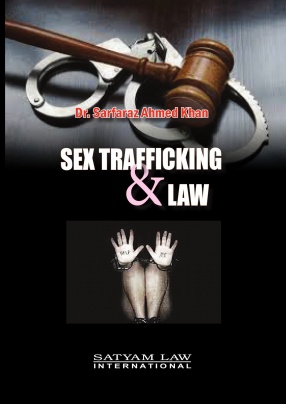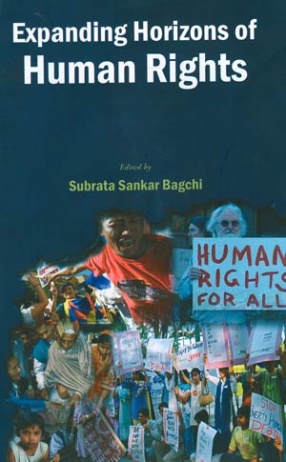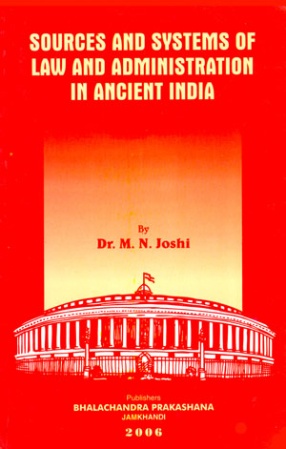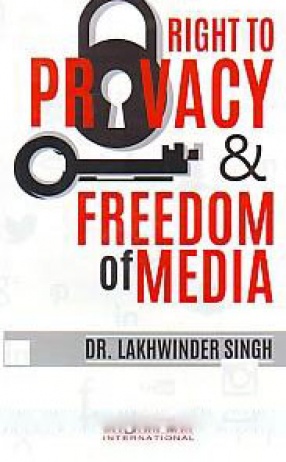Sex Trafficking and Law
Human trafficking in general and sex-trafficking in particular is one of the worst forms of human rights violations. However, we have miserably failed in combating this menace. There has been systemic failure of our institutions at all levels, be it in preventing trafficking, or in effectively prosecuting perpetrators, or in creating a protective environment for survivors by giving them sufficient rehabilitation and/or re-integration alternatives. This book has attempted to present a holistic picture of the issue of domestic sex-trafficking in India. An analysis of different international and regional instruments to which India is a signatory and that enjoin the nation to embrace international obligations and formulate legal reforms in the domestic laws has been made. After evaluating and making a comparative analysis of domestic legislations of more than ten jurisdictions, this book has suggested a model law for India which in the opinion of the author is best suited to tackle sex-trafficking. Three distinct but interrelated aspects of sex-trafficking have been delineated. Firstly, it has emphasised on the challenges to combat sex-trafficking at the macro level and its devastating effects on victims of sex-trafficking and the society as a whole. Secondly, it has explored in detail the existing legal framework to counter trafficking at the national, regional and international levels. Thirdly, with the aid of fifty case studies from West Bengal and Bihar it has attempted to elucidate the challenges at the micro level and the manner in which they can be addressed. Lastly, the book has presented a draft of an anti sex-trafficking legislation which comprehensively portrays the mechanisms to combat sex-trafficking in India.
Get it now and save 10%
BECOME A MEMBER










Bibliographic information